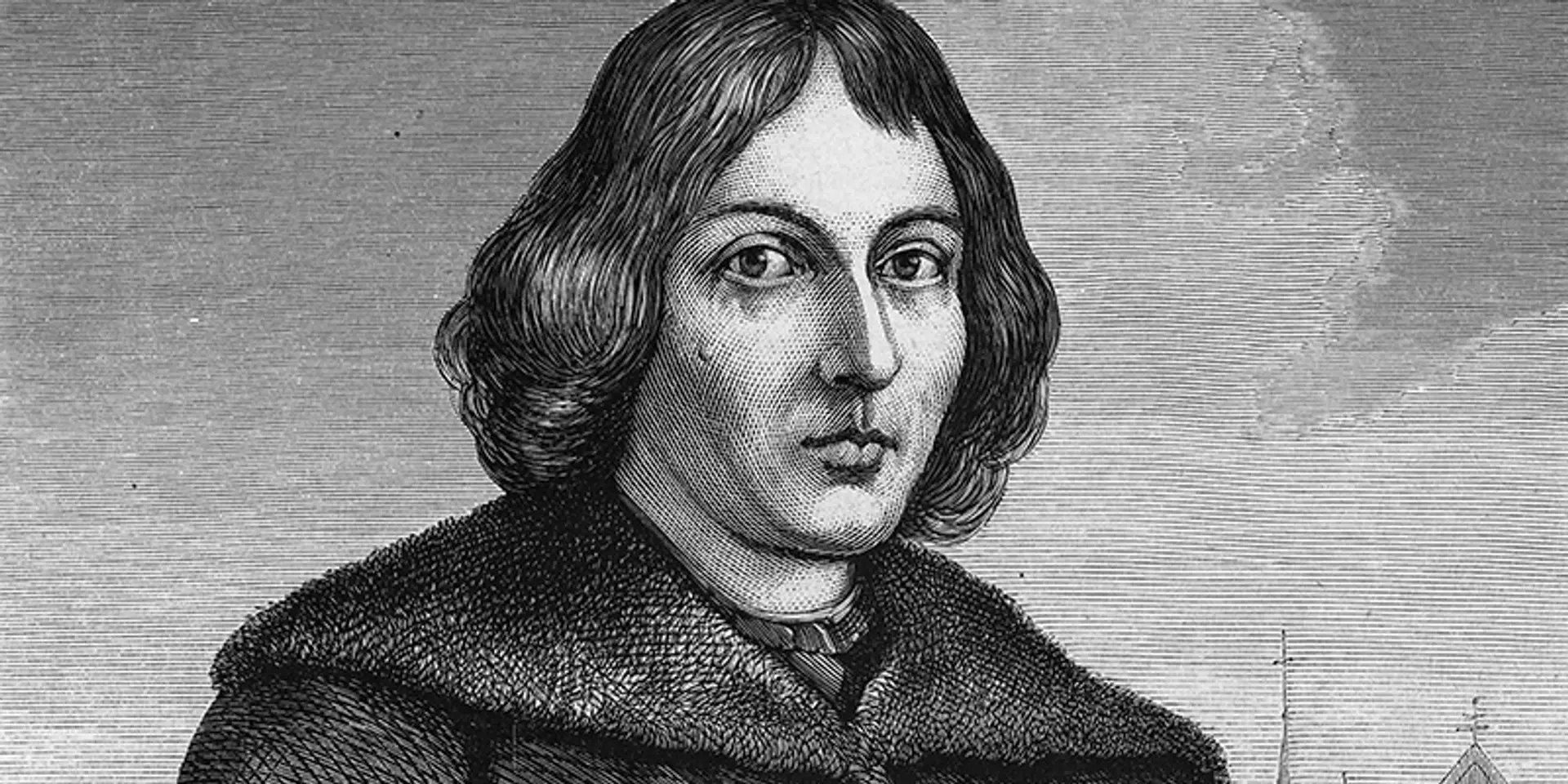The Jack of all trades and master of all – How Copernicus has taught us to be multi-potentialites
The phrase ‘Jack of all trades’ has been used in literature as early as the 17th century, with some reports claiming to have observed it earlier. Regardless, it was used without ‘master of none’, which was added only in the 18th century, making the usage since, derogatory.
Emilie Wapnik in her TED video, ‘Why some of us don’t have one true calling’, talks of how these ‘Jacks’ of all trades are people with multiple interests, and it is when they chase these interests that they become not the ‘master of none’, but ‘multi-potentialites’. This 21st century term that describes persons who excel in a wide range of subjects had another form between the 14th and 17th century as Europe was emerging from the Dark Ages.
‘The Renaissance man’ or the ‘polymath’ was a well-educated person whose expertise spanned subjects as varied as the seven continents. Nicolaus Copernicus was one such Renaissance man. Although he did have a true calling for which he looked up to the heavens, and which gave us the heliocentric model of the universe, Copernicus had many other tricks up his sleeve.

An aptitude for languages
Copernicus was fluent in German and Latin, and also spoke Polish, Italian, and Greek. His proficiency in languages, for which he has been deemed as a polyglot, possibly complemented that in mathematics. As researchers are now finding out, the way the mind learns a language is very similar to the way it understands mathematics.
Copernicus’ expertise in these languages allowed him to study his predecessors’ scientific texts and translate them. He is known to have translated the unintelligible aphorisms of a 7th century historian and poet from Greek to Italian, among many others. He also studied Islamic astronomy, which is said to have influenced his radical thoughts on the movement of planets.
A doctorate in religious law
In 1496, Copernicus went to Italy to study law for four years at the University of Bologna. His interest in canon law, however, waned during this period and he became more inclined towards astronomy following a meeting with the legendary astronomer Domenico Maria Novara da Ferrara, whose disciple and assistant he became. He received his doctorate in canon law only in 1503 as he had briefly dropped his studies and left Italy.
As a church canon, and as his uncle’s secretary who was also a church canon, Copernicus breezed through his responsibilities of collecting rents from church-owned lands, overseeing other finances and managing the bakery, mills, and brewery. He became a diplomat in his official capacity as he assisted his uncle in his political, administrative, and economic duties and is said to have actively participated in influential political debates.
Proficiency in medicine and art
After he left Italy between his studies in 1501, he returned to continue not law, but medicine, this time in the University of Padua. At that time, medicine was very closely associated with astrology (the stars were believed to affect body dispositions), which in turn was associated with astronomy. With this knowledge, he worked as his uncle’s and other church canons’ physician, regularly tending to all their medical needs. On the side, he was also building his astronomical theories that would soon remove earth from the centre of the universe.
It is also speculated that it was here in Italy that he picked up his artistic skills as there was a thriving community of artists in the nearby Venice. The self-portrait that he painted was passed on after his death to a Danish astronomer who revered him. Unfortunately, Copernicus’ mastery was destroyed by the astronomer’s enemies.
Expertise in economics
When Kind Sigismund I of Poland asked him to offer proposals on the reform of currency policies, Copernicus dove into monetary affairs. Although his research, and the resulting paper, was not adopted, it made significant contributions to the paradigm of money. Nicole Oresme, who was a philosopher of the later middle-ages, had stated a monetary law which Copernicus described and strengthened in his booklet, Monetae cudendae ratio, which later became popularly known in economics as Gresham’s Law.
Copernicus was also the first person to clearly explain the Quantity Theory of Money, which stated that if the supply of money is increased, the price of goods would also proportionately increase. This theory was worked on incessantly in the 1980s and is still considered an imperative concept in economics.
Nicolaus Copernicus set a clear example of the necessities of being the Jack of all trades if one wants to gain true knowledge of the world. When he said, “To know that we know what we know, and to know that we do not know what we do not know, that is true knowledge,” he spoke of knowledge as an awareness of one’s own ignorance; and it is only when driven by the inadequacies of ignorance that ‘Jack’ tries his hand at all trades.



![[100 Emerging Women Leaders] How Gayatri Agrawal is inspiring women to embrace tech](https://images.yourstory.com/cs/2/f9bdfa20c75811ed9569e5d19beae38b/100EWLGayatri-AgrawalFeatureImage-1732290015187.jpg?mode=crop&crop=faces&ar=16%3A9&format=auto&w=1920&q=75)



